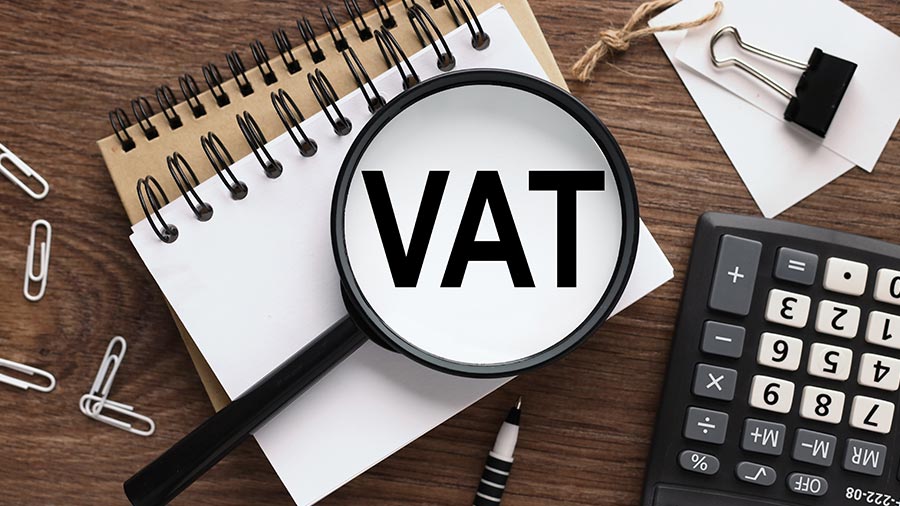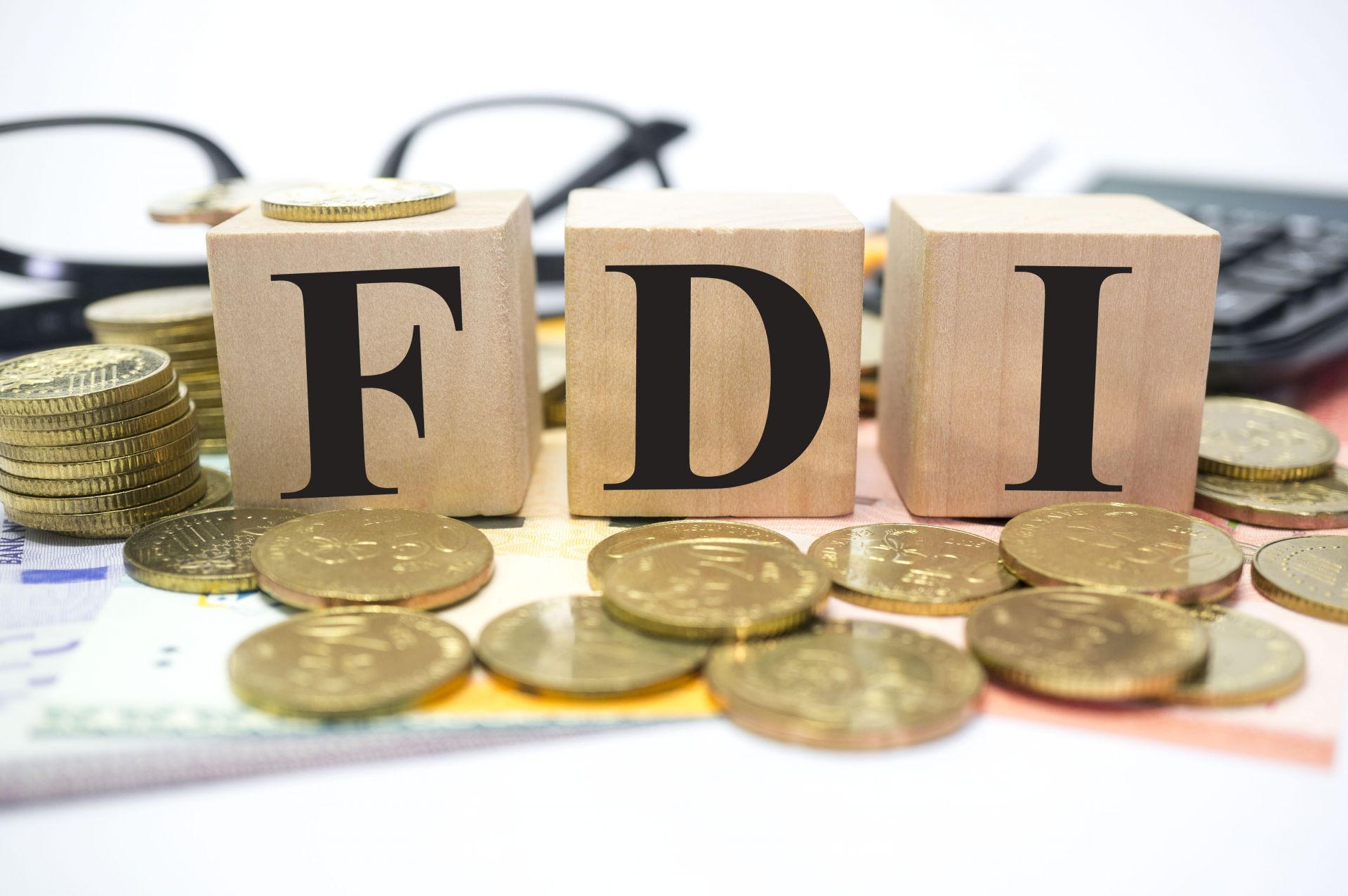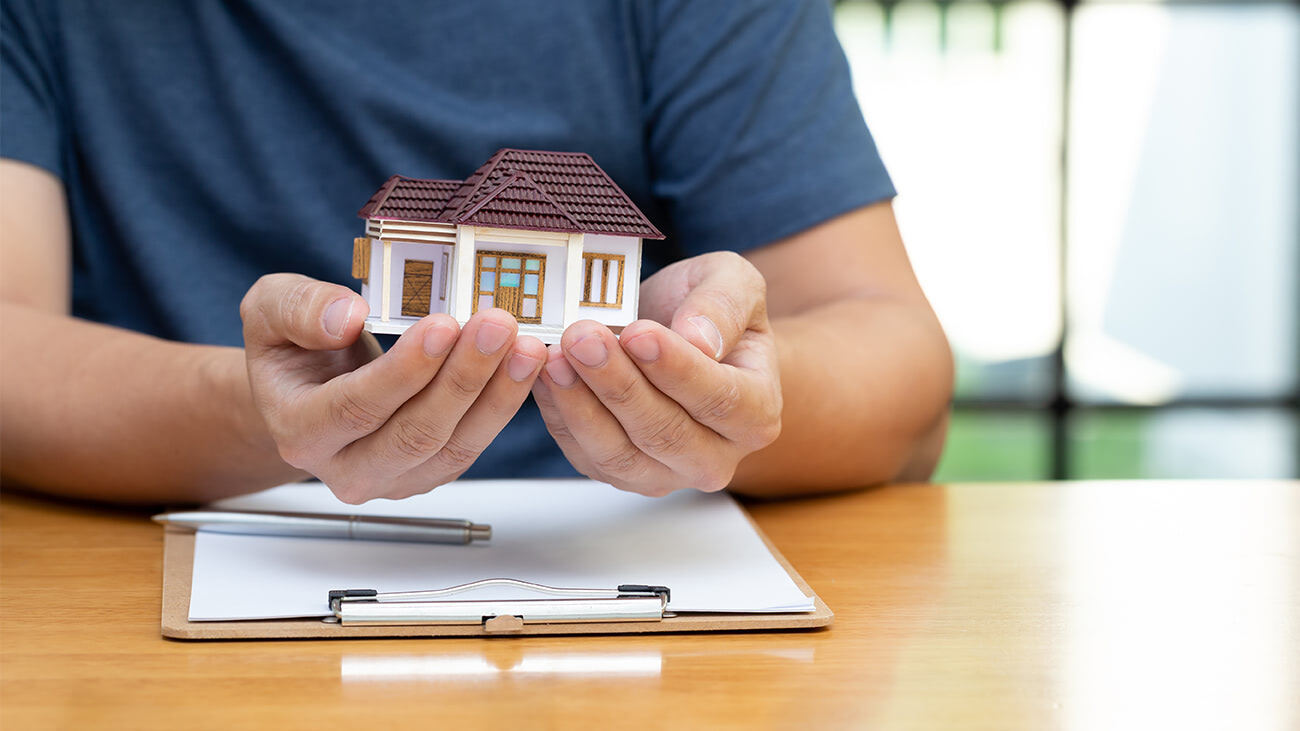How much is VAT in Vietnam?

VAT, also known as value-added tax, a tax incurred when you use certain products or services. The law has clear regulations as well as documents guiding the implementation of value-added tax (VAT) in practice. However, many people do not understand this kind of tax although it appears regularly on bills. So, in this article, LSX legal firm will provide information regarding: “How much is Value-Added Tax (VAT) in Vietnam?”
Legal grounds
- Law on Value-added Tax 2008
- Circular 219/2013/TT-BTC
Features of Value-Added Tax (VAT)
VAT or value-added tax means a tax calculated based on the value of services and goods in the stages of production, circulation, and consumption of products and services.
Value-Added Tax does not apply to the entire value of a service or product, but only to the added value of that service or product.
VAT (Value Added Tax) has the following typical features:
- Firstly, VAT is an indirect tax because VAT is collected on the consumption of goods and services. The final consumers of products and services will pay the VAT, and goods sellers or service providers will submit the tax amount collected from consumers.
- Secondly, VAT is a multi-stage consumption tax that does not overlap because it targets all stages from the circulation of goods and services to product consumption; but only calculated on the added value of each period of circulation of goods as well as services.
- Thirdly, VAT is regressive compared to income because it is calculated on the selling price of goods and services that taxpayers are consumers of goods and services. So, when the consumer’s income increases, the ratio of VAT payable in the purchase price to their income will decrease.
- Fourthly, usually levied on the principle of destination because it based on the status of residence of consumers of goods and services, not on the origin of goods and services.
- Lastly, VAT has a wide regulatory scope because it applies to most goods and services serving human life. The number of goods and services eligible for VAT exemption according to international practices is usually very small.
The role of VAT in the economy
VAT plays a very important role in the economy, effectively supporting the state in economic management, specifically as follows:
- Firstly, manage direct taxes more closely, more clearly, without the need to go into deep consideration or analysis about the rationality of taxes.
- Secondly, create a stable source of income in the state budget.
- Thirdly, effective against tax loss.
- Fourthly, VAT has the effect of protecting domestic production and business when VAT on imported goods increases.
- Fifthly, raise the sense of self-discipline and voluntary fulfillment of tax obligations of citizens.
- Sixthly, ensure simplicity, clarity, and often low tax rates for VAT.
- Also, making accounting easier, promoting the purchase and sale of goods with clear vouchers and invoices.
- Encourage modernization and specialization of production, and increase investment in the procurement of new equipment.
- Lastly, strengthening and perfecting Vietnam’s tax policy system.
How much is VAT in Vietnam?
The tax rate of 0%
Tax rate of 0% applies to exported goods and services, international transportation, and goods and services not liable to value-added tax specified in Article 5 of the Law on Value-Added Tax 2008 upon exportation, except for cases of transfer of technologies or intellectual property rights abroad; offshore reinsurance services; credit provision, capital transfer, and derivative financial services; post and telecommunications services; and exported products which are unprocessed mined resources and minerals specified in Clause 23, Article 5 of the Law on Value-Added Tax 2008.
The tax rate of 5%
Tax rate of 5% applies to the following goods and services:
- Clean water for production and daily life;
- Fertilizers; ores for fertilizer production; insecticides, pesticides, and plant and animal growth stimulators;
- Feeds for cattle, poultry, and other domestic animals;
- Services of digging, embanking, and dredging canals, ditches, ponds, and lakes for agricultural production; growing, tending, and preventing pests and insects for, plants; preliminary processing and preservation of agricultural products;
- Unprocessed cultivation, husbandry, and fishery products, except products specified in Clause 1, Article 5 of the Law on Value-Added Tax 2008;
- Preliminarily processed rubber latex; preliminarily processed turpentine; nets, main ropes, and fibers for making fishing nets;
- Fresh and live food; unprocessed forest products, except timber, bamboo shoots, and products specified in Clause 1, Article 5 of the Law on Value-Added Tax 2008;
- Sugar; by-products in sugar production, including molasses, bagasse, and sludge;
- Products made of jute, rush, bamboo, leaf, straw, coconut husks and shells and Eichhornia crassipes, and other handicrafts made of agricultural raw materials; preliminarily processed cotton; paper for newspaper printing;
- Special-purpose machinery and equipment for agricultural production, including ploughing machines, harrowing machines, rice-planting machines, seeding machines, riceplucking machines, reaping machines, combine harvesters, agricultural product harvesters, insecticide or pesticide pumps or sprayers;
- Medical equipment and instruments; medical cotton and bandage; preventive and curative medicines; pharmaco-chemistry products and pharmaceuticals used as raw materials for the production of curative and preventive medicines;
…
The tax rate of 10%
The tax rate of 10% applies to goods and services not listed above.
Legal service of LSX Legal Firm
LSX legal firm provides legal services to clients in various legal areas. To make your case convenient, LSX will perform:
- Legal advice related to new regulations;
- Representing in drafting and editing documents;
- We commit the papers to be valid, and legal for use in all cases;
- Represent to submit documents, receive results, and hand them over to customers.
With a team of experienced, reputable, and professional consultants; The firm is always ready to support and work with clients to solve legal difficulties.
Furthermore, using our service, you do not need to do the paperwork yourself; We guarantee to help you prepare documents effectively and legally.
Also, you will not have to waste time preparing the application, submitting application, or receiving results. At those stages, we will help you do it smoothly.
After all, LSX provides the service with the desire that customers can experience it the best way. Additionally, we guarantee the cost to be the most suitable and economical for customers.
Related articles
- How to buy voluntary health insurance in Vietnam while pregnant?
- Duties and powers of the competent authorities in tax administration in Viet Nam
- Why pay personal income tax in Vietnam?
Related questions
Goods and services subject to VAT are those used for production, trading, and consumption in Vietnam (including those purchased from overseas organizations and individuals), except for the goods and services in Article 4 of Circular 219/2013/TT-BTC.
Firstly, the payable value-added tax amount according to the tax credit method is the output value-added tax amount minus the creditable input value-added tax amount;
Secondly, the output value-added tax amount is the total amount of value-added tax on sold goods and services indicated in the added-value invoice;
Thirdly, the creditable input value-added tax amount is the total value-added tax amount indicated in the added-value invoice on goods or service purchases and the document proving the payment of value-added tax on imported goods and must satisfy the conditions specified in Article 12 of the Law on Value-Added Tax.
Firstly, having an added-value invoice on goods or service purchases or a document proving the payment of value-added tax at the stage of importation;
Secondly, having a via-bank payment document of purchased goods or services, except goods or services valued at under twenty million Vietnam dong upon each time of purchase;
Thirdly, for exported goods and services, apart from the conditions specified at Points a and b of this Clause, the business establishment must also have a contract signed with a foreign party on goods sale or processing or service provision, a goods or service sale invoice, a via-bank payment document, and a customs declaration.
Payment for exported goods or services by clearing between exported goods or services and imported goods or services or paying debts on behalf of the State is regarded as via-bank payment.
Contact LSX
Finally, hope this article is useful for you to answer the question about “How much is VAT in Vietnam?”. If you need any further information, please contact LSX Law firm: +84846175333 or Email: [email protected]
Conclusion: So the above is How much is VAT in Vietnam?. Hopefully with this article can help you in life, please always follow and read our good articles on the website: lsxlawfirm.com




